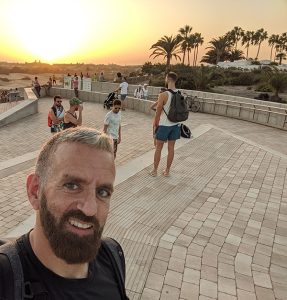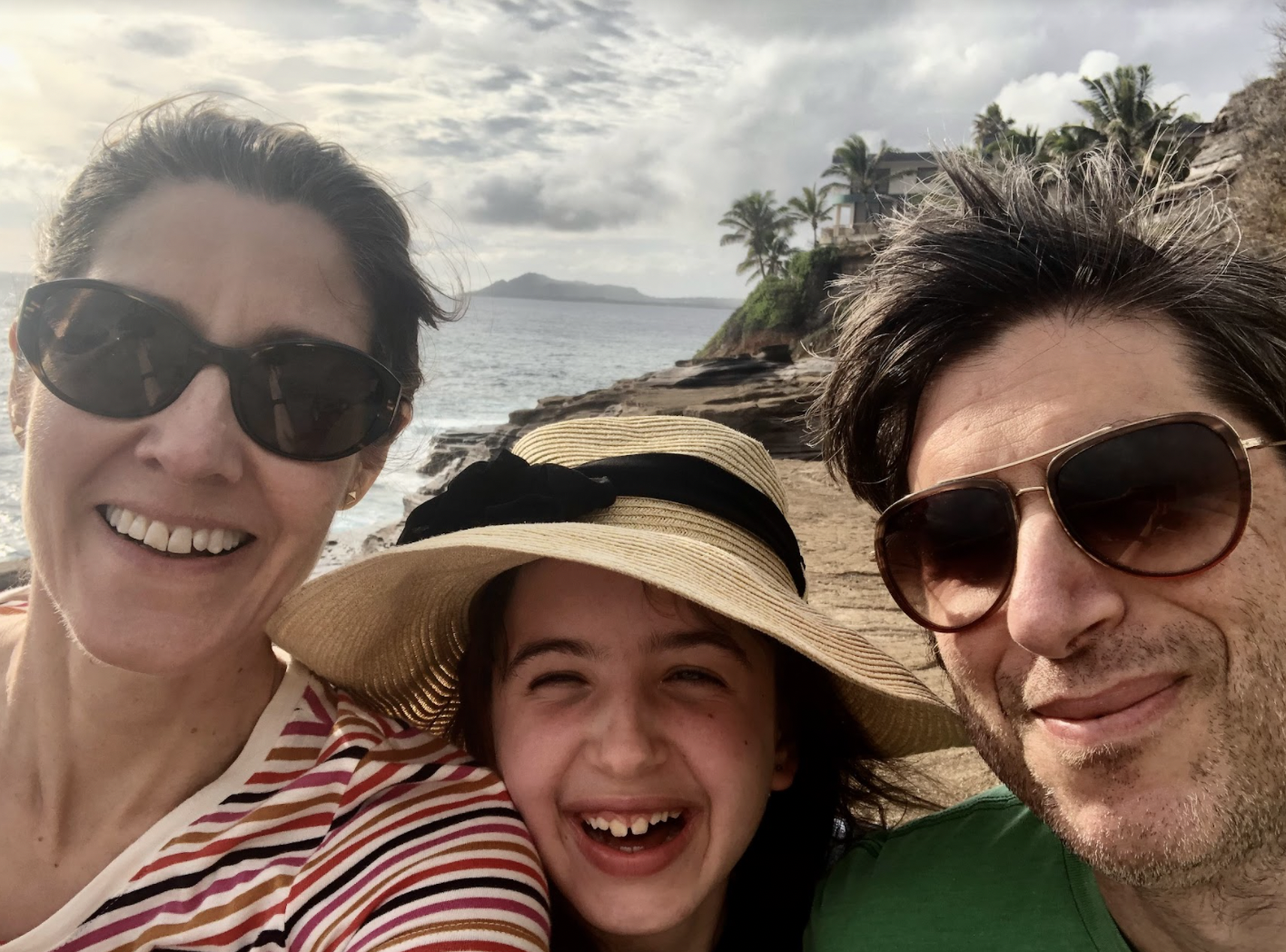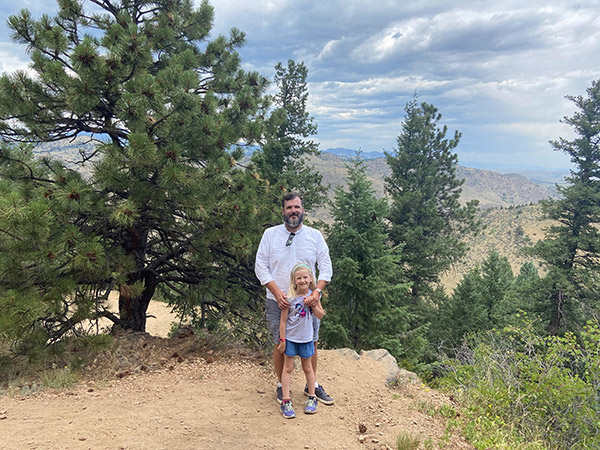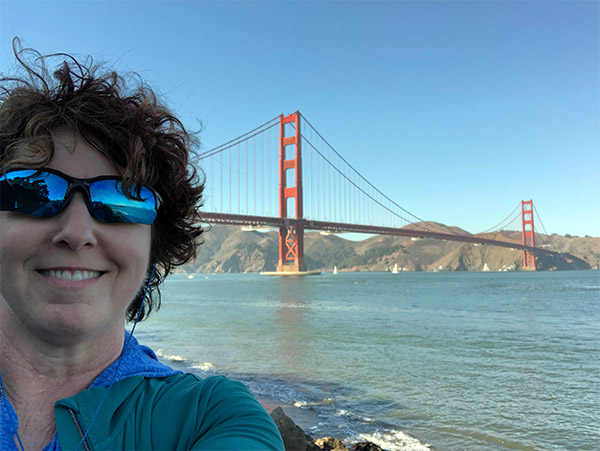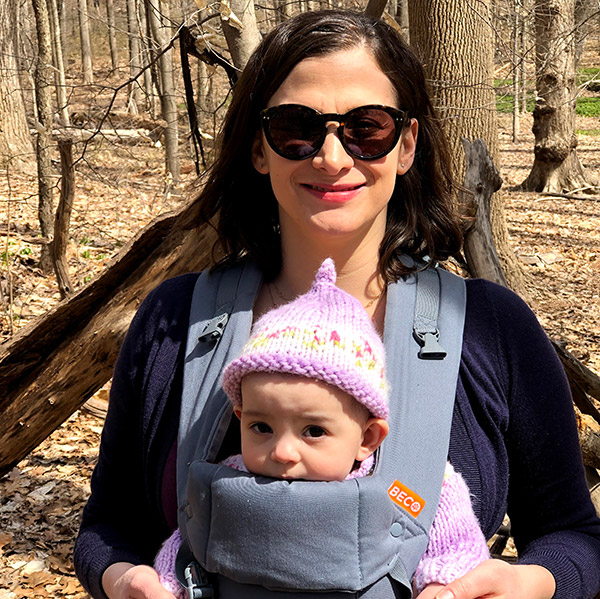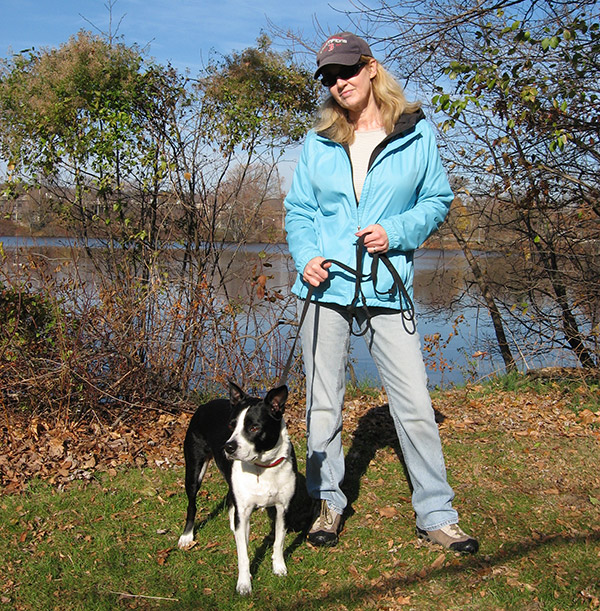Shedding Some Light on Copywriting and Voice-Search Friendly Content

“Where can I get a headlight replaced near me this weekend?”
That was the question I posed to my smartphone’s voice assistant after police pulled me over for a burnt-out headlight (gulp). The search results turned up several auto parts stores across my greater urban area, but none with specific information about headlights, nor whether they could help me on a Sunday (before I got pulled over again).
So I tried a traditional search on my computer by typing “weekend headlight replacement Boston” into a search box. This time, the search results did turn up information about headlight replacement at a nearby auto service shop. However, the webpage was an example of less-than-helpful Search Engine Optimization (SEO) article writing, with paragraph after paragraph stuffed with keywords stating the obvious: “Your car’s headlights illuminate the roadway.” “Headlight replacement is vital to the safe operation of your vehicle.” Etc. And there was nothing about weekend service.
I ended up finding a service station the old-fashioned way: through a referral and a direct phone call. This shop did not turn up in either set of search results from my phone or my computer. The frustrating experience searching for my car’s replacement headlight drove home the point for me that copywriting needs to gear up for the voice search revolution.
A Return to Natural Language (Hoorah!)
Should copywriters care about searches submitted to voice-controlled personal assistants such as Apple’s Siri and Amazon’s Alexa, and to smart speakers such as Google Home? YES! Should we abandon the basics of keyword-rich SEO writing? NO! Let’s shed a little light on this topic.
Voice search is on the rise, as more and more consumers use their smartphones and smart speakers to help them get answers to assist them in their daily lives. Consumers use voice search to research products, find businesses, seek out customer support, and to get their hands on other information needed to inform purchases and other decisions.
Voice search is, however, different from traditional keyword search in a number of ways. Voice searches tend to be in the form of questions including “how,” “what,” “where,” “best,” and other trigger words. They also tend to be longer than keyword searches and are linked to local search, often with the words “near me.” What does this mean for copywriters?
The good news is copywriters can optimize web pages for voice search by returning to natural language—a time-proven best practice that has sometimes gotten lost in the quest to write keyword-rich SEO copy. Keywords are still important for traditional text search. But voice search presents an opportunity for copywriters to write in a more conversational style, to mirror the way people speak and how they ask questions.
Consider doing some research to find out what voice search keywords are trending in your industry. Think about optimizing your web content for those words (including long-tail keywords—specific two- or three-word keyword phrases that customers use when close to point of purchase—that may turn up in voice search queries), as well as for local SEO. Consumers on the move asking search questions into their smartphones are likely to be looking for things close to where they are located. Ditto for people at home asking their smart speakers questions about where to buy/dine/shop/go locally.
Another bit of good news: A treasure trove of content may be waiting for you in the FAQ section of your website—content that could be further developed and expanded on for voice search queries. Pay attention to what questions your customers are asking, how they are asking them, and what keywords they are using. Because with the rise of voice search, more and more of those questions are being spoken aloud by real people. Customers are looking for answers. And the questions will keep on coming.
























